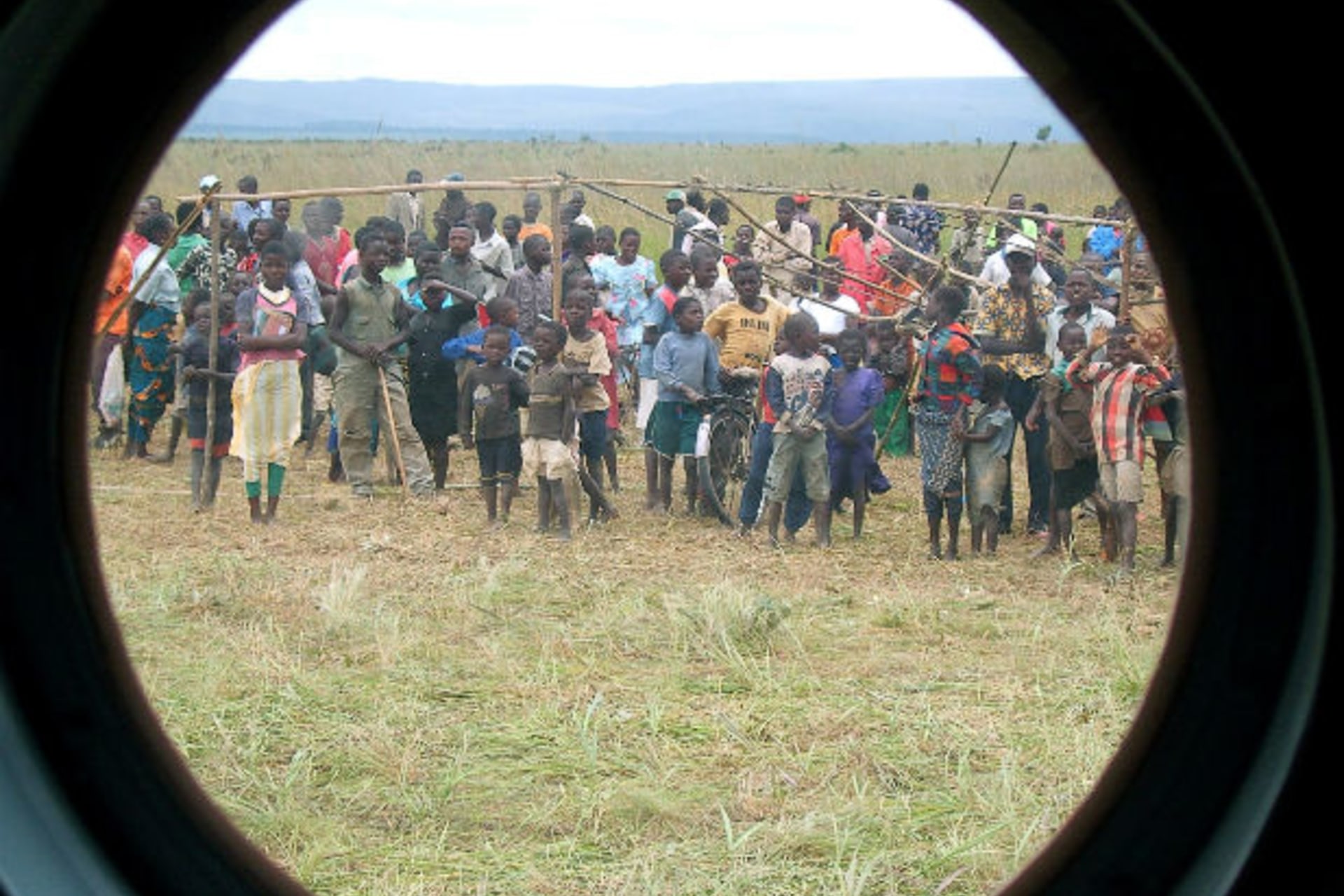Katanga’s Quest for Autonomy from Kinshasa

By experts and staff
- Published
By
- John CampbellRalph Bunche Senior Fellow for Africa Policy Studies
Africa has had many secessionist movements in the post-colonial period. Only South Sudan and the Republic of Somaliland have so far been successful, and the latter lacks international recognition. Some secessionist movements never really go away. Katanga, currently the southernmost province in the Democratic Republic of Congo (DRC), established itself as a state separate from the rest of the former Belgian Congo in the years immediately after independence, allegedly with Belgian connivance.
Even after it was forcibly re-incorporated into what is now called Congo-Kinshasa, it has retained a separate consciousness and there have been recurring secessionist movements. The province is relatively wealthier and has better social statistics than the rest of the country, largely because of its mineral resources. Now, an armed group called Mai-Mai Kata-Katanga is campaigning for provincial autonomy, claiming that the province has not benefited from its mineral riches. Estimates are that the group has displaced some 340,000 people. “Kata Katanga” means “cut off Katanga,” while “Mai” means water and refers to a magic potion with which they spray themselves for immunity from bullets, according to the media.
In March, the insurgents attacked Lubumbashi, the provincial capital, armed with AK-47s and various traditional weapons. They were defeated by the Congolese armed forces and surrendered to the United Nations Organization Stabilization Mission. According to the press thirty-three were killed and sixty were wounded.
Now, at least one Katanga provincial politician is calling for talks between the Mai-Mai and the Kabila government in Kinshasa. There never has been a credible political process in place to address the grievances that feed insurgencies like Mai-Mai. Meanwhile, President Kabila has removed the military commander based in Lubumbashi for “grave dereliction of duty.”
The leader of another pro-autonomy group observes that Congo-Kinshasa is “a repository of unresolved conflicts, where dissatisfaction and despair have become entrenched and the most effective and sustainable solution is in the reconstruction of the entire state structure.” If he is right, the Mai-Mai group may go away, but it will likely be replaced by another group in a continuing cycle until Congo-Kinshasa’s profound issues of governance are addressed.